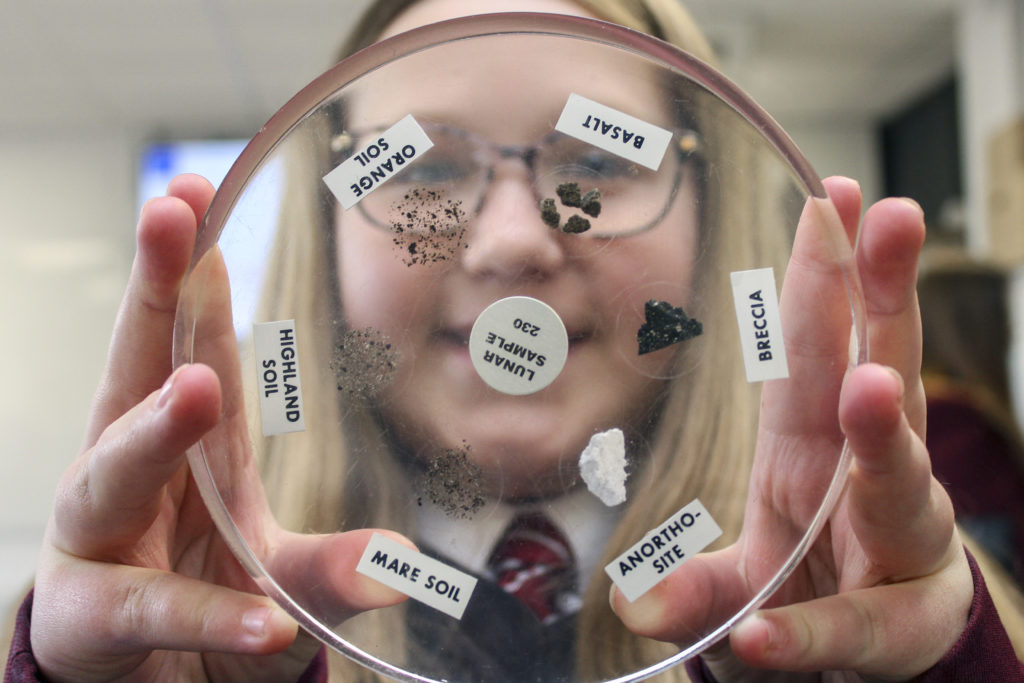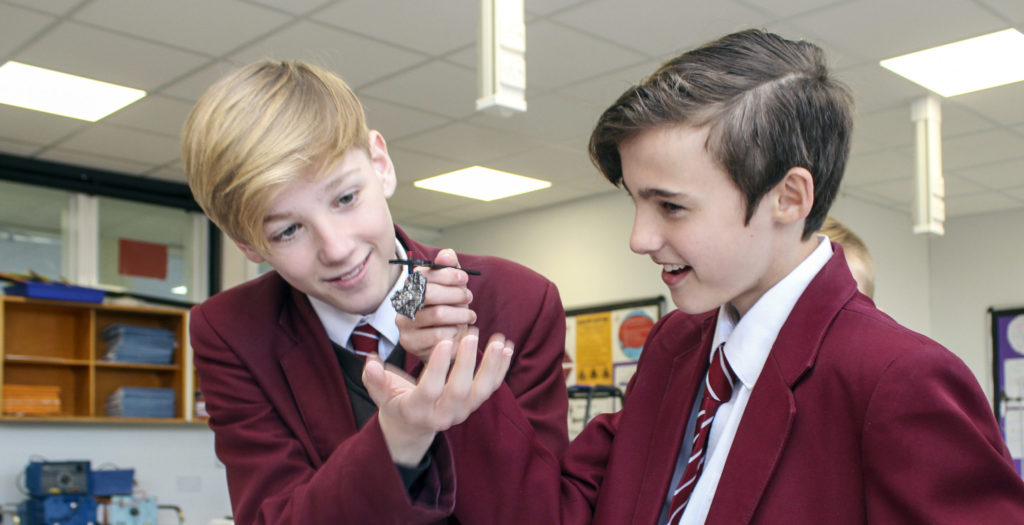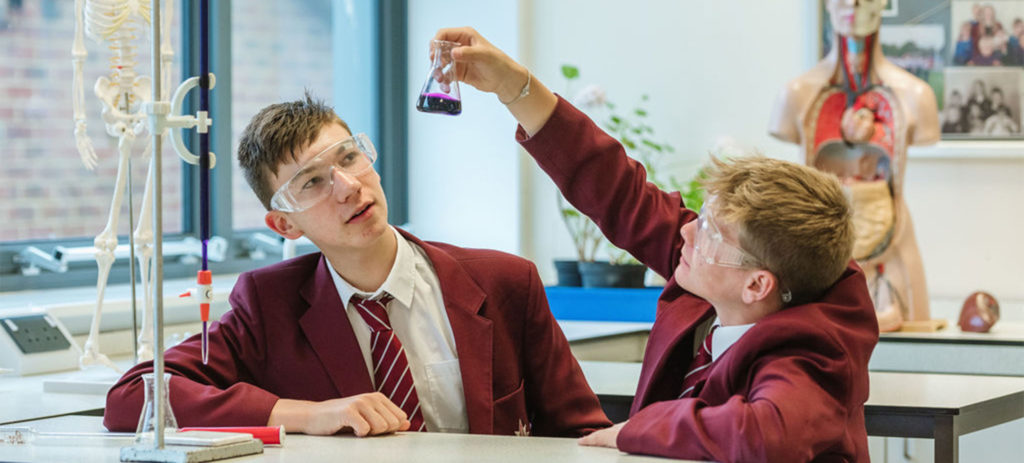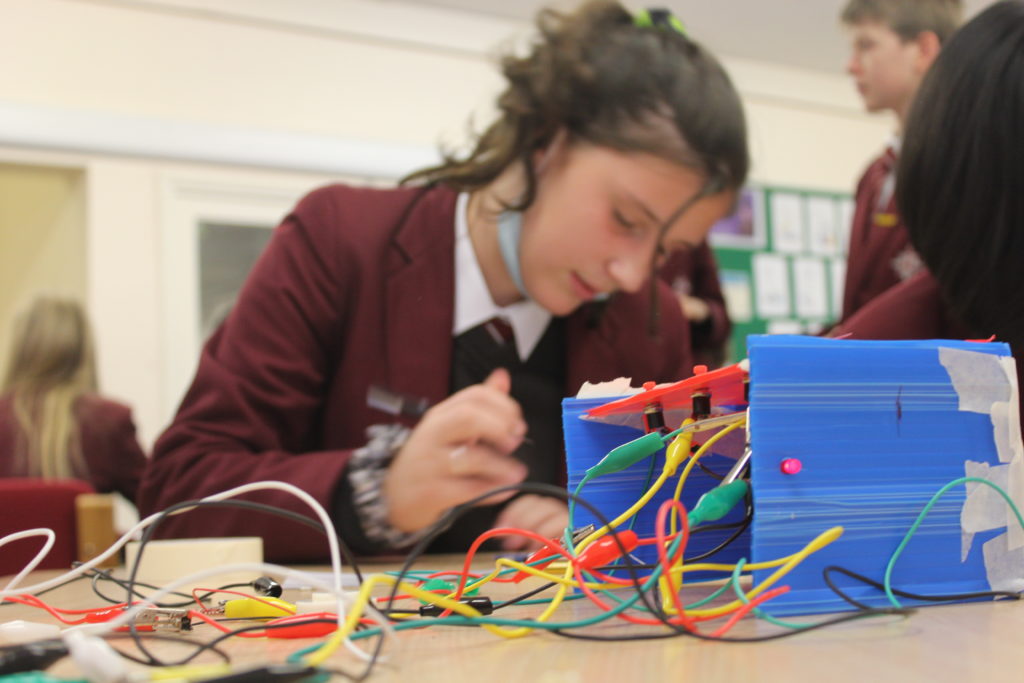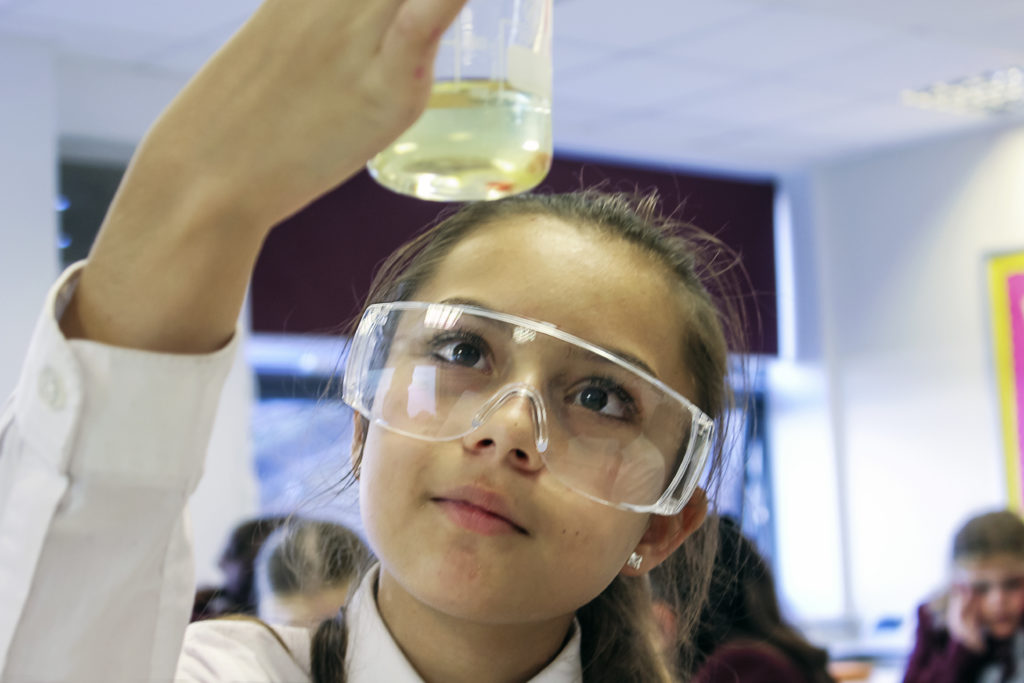Departments & Subjects
Our mission is to work with parents and the local community to provide a broad curriculum and a creative approach to learning. Our intent is to enable all students to fulfil their unique potential and make the world a better place through their informed choices and actions.
Our curriculum meets the requirements of national guidelines and explicitly intends to support students to become :
Science

Mr McGregor, Head of Department
“Nothing in life is to be feared, it is only to be understood”
Marie Curie
Intent
In Science we cover all 3 main aspects, Biology, Chemistry and Physics. We look to help the students learn and understand science so that they can apply their knowledge and emerge as students who are informed about the science around them.
The specification encourages the development of knowledge and understanding in science through opportunities for working scientifically. This will involve talking, reading and writing about science but also completing scientific practicals and representing science either mathematically or through modelling. By the end of the curriculum students will have a broad range of scientific skills that they are able to apply to the modern world.
Within science there are significant opportunities for collaborative work including practical experiments, problem solving and sharing ideas. Science is consistently looking at the world of the future and is at the cutting edge of shaping the world of tomorrow.
